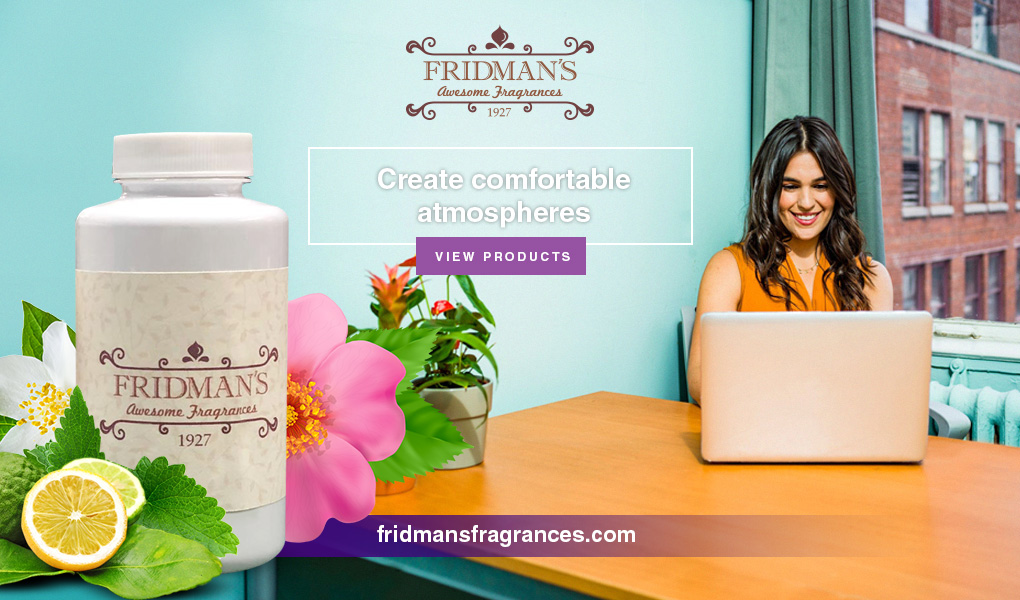Commerce exists from the earliest civilizations. But
as it is the primary source of income in most places, brands and businesses
must differentiate themselves from the competition. This is where advertising
comes in, showcasing the benefits of different brands and products to make
people buy them.
But advertising saturated the market, and it became
necessary to find new stimuli to help build brand awareness. Sensory marketing
became a resource to entice customers. Particularly, olfactory marketing.
Smells affect up to 75% of our emotions, so getting the right emotion can help
people buy more at your store. When choosing a scent it is important to know
your brand and what you expect from your strategy. There are six scent families
and they all produce different reactions. We'll talk about them in this
article.
Fruity Aromas.
We can find these in most fragrances we encounter.
They're fun, fresh, and convey happiness. This sort of aromas are ideal for
family places, a hotel on the beach is a good example.
Citric Aromas.
This family of aromas is very fresh and vibrant. They
counteract negative emotions and give the impression of cleanliness, this is
why they work well at gyms or restaurants.
Herbal Aromas.
These scents are great to produce relaxation and to
achieve other different medicinal effects. They are mostly relaxing, some
scents from this family are lavender, chamomile, mint, eucalyptus.
These scents promote focus and brainstorming, as well
as relaxation, characteristics that go well with spas, hotels, restaurants, and
other hospitality businesses.
Green Aromas.
You might confuse them with herbal aromas, but their
effect is different, they are fresh scents and convey vitality. A common scent
from this family is aloe vera.
Floral Aromas.
Typically associated with feminine energy, the floral
family conveys elegance. Jazmin is a scent from this family and is widely used
in Chinese culture.
Woody Aromas.
These scents, are regarded as masculine and provide
sophistication, and elegance, they work well in restaurants.
What scent better suits your business? Remember that
choosing wisely is key to the success of your olfactory marketing strategy.





